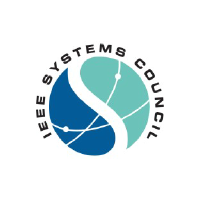Renewable & Modern Control - Power Electronics Technology
Technology12/5/2023 2:00 PM
Discover advances in power electronics with IEEE Systems Council. Explore efficient renewable energy solutions. Learn more on WebinarCafe.
Technology Webinar Benefits
Renewables, particularly PV solar, batteries, fuel-cell, wind power going to have pre-dominant business for the next 50 years. The renewables and Electric Vehicles (EVs) companies in the global market focused on the recent technologies towards Hydrogen (H2) and FC-VPT to improve Tank-To-Wheel (TTW) efficiency. The power converters and control strategies play a crucial influence in boosting the renewables (PV, wind, fuel cell stack, batteries) power through voltage conversion. Therefore, ensure the demand for the vehicles' grid-connected systems, motor, and EV power trains. Several power converter topologies along with control algorithms are proposed for various grid-connected and vehicular applications. State-of-the-art technology, newly developed control strategies as an example with Hybrid ANFIS-PSO and Lyapunov function for Power Converter configuration for Fuel Cell – Vehicular Power Train (FC-VPT), Renewables, and Microgrids application will be discussed with the presentation. New power converters with the new modified version are viable and cost-effective solutions with reduced size and increased efficiency. The comprehensive review, and comparison of different control strategies for grid-connected/anti-islanding operation, Maximum PowerPoint Tracing with partial shading conditions, and suitability for various applications will be discussed in the presentation, with avoiding Phase-loop Lock (PLL). Finally, the advantages/disadvantages will be pointed out in the presentation for each converter's prominent features, challenges, and application for fuel cell (FC) technology, EVs, Microgrids, and Renewables.

